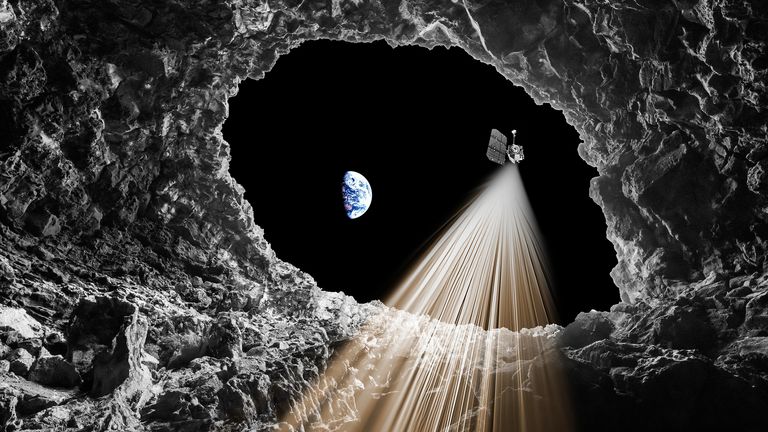Our changing climate is impacting our planet in a huge number of ways—ranging from powerful hurricanes and intense droughts to invasive species and ocean acidification—but there might be another bizarre effect that you've never heard of.
Climate change might actually be slowly changing the length of a day on Earth, according to a new paper in the journal Proceedings of the National Academy of Sciences.
This is a result of sea levels rising—because of increased temperatures and the melting of the polar ice caps—thereby causing a redistribution of mass from the poles of our planet toward the equator.
"Modern climate change is unprecedented. In recent decades, it has accelerated the melting of glaciers and polar ice sheets, leading to a rise in sea level," researchers wrote in the paper. "The melting of ice sheets and global glaciers results in sea-level rise, a pole-to-Equator mass transport increasing Earth's oblateness and resulting in an increase in the length of day (LOD)."
A day on Earth is about 86,400 seconds long. The researchers explain that Earth's LOD has ever so slightly increased over the years, mostly because of the gravitational tug of the moon. This pull has gradually slowed the rotation of the Earth, lengthening the time it takes for our planet to fully rotate on its axis.
"We have computed the pole-to-Equator mass transport since 1900 and shown that it has contributed to a rate of LOD change that hovered between 0.3 and 1.0 ms per century during the 20th century," the authors wrote. "This is mostly caused by the melting of global glaciers and the Greenland Ice Sheet, with the melting of the Antarctic Ice Sheet playing a secondary but not negligible role."
The rate of LOD change has accelerated to 1.33 ± 0.03 ms per century since 2000. The study shows that this can be explained by the movement of mass from the poles to the equator as a result of sea level rise and the melting of polar ice and glaciers.
Antarctica is losing ice at an average rate of approximately 150 billion tons annually, whereas Greenland's ice caps are decreasing by around 270 billion tons each year. The rate of slowing from sea level rise is enough to compensate for the increase in spinning speed triggered by the angular velocity of our planet's liquid core decreasing.
The researchers predict that in a high emissions future where climate change continues to accelerate, the climate-induced LOD rate may reach 2.62 ± 0.79 ms per century by 2100, potentially surpassing the effects of the moon's gravity on the length of our days.
"This present-day rate is likely higher than at any time in the past few thousand years and, as we have shown, it is projected to remain approximately at a level of 1.00 ms per century for the next few decades even if greenhouse gas emissions are severely curbed," the researchers wrote. "If, however, greenhouse gas emissions continue to rise, the increase in atmospheric and oceanic warming and associated ice melting will lead to a much higher rate of climate-induced LOD change, perhaps even surpassing the rate of 2.40 per century from tidal friction, and thereby becoming the most important contribution to the long-term LOD variations."
This may impact timekeeping in the future, with other studies estimating that the "leap second" due to be added to Coordinated Universal Time in 2026 may now be delayed until 2029.
"The impacts of ongoing surface climate change are far reaching, both on land and in the oceans," the researchers wrote. "As we have illustrated here, the mass transport that it causes is also impacting the whole of planet Earth, by changing its oblateness and slowing its rotation rate. This, in turn, affects precise time keeping."
Do you have a tip on a science story that Newsweek should be covering? Do you have a question about sea level rise? Let us know via science@newsweek.com.
Disclaimer: The copyright of this article belongs to the original author. Reposting this article is solely for the purpose of information dissemination and does not constitute any investment advice. If there is any infringement, please contact us immediately. We will make corrections or deletions as necessary. Thank you.



